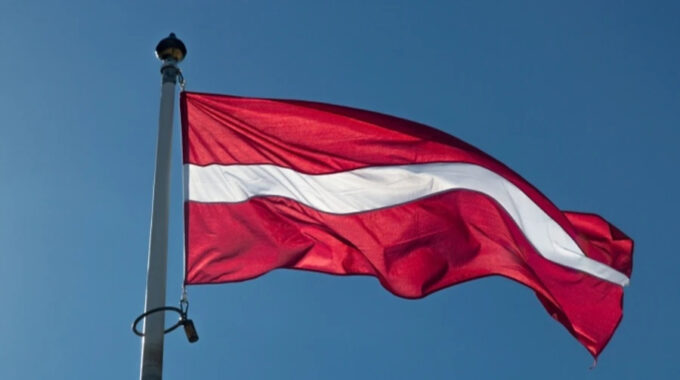Latvian Parliament Approves Exit from Istanbul Convention: Political and Social Implications

The Latvian parliament has reached a crucial milestone in its decision-making process regarding the country’s withdrawal from the Istanbul Convention — an international agreement aimed at preventing and combating domestic violence and violence against women.
On October 30, after prolonged and emotionally charged debates, the legislative body supported in the second and final reading the bill to denounce this treaty.
All opposition forces voted in favor, while the majority was secured by deputies from the coalition bloc of ‘Greens’ and ‘Farmers,’ reflecting deep societal and political divisions over this issue.
The bill faced opposition from ‘New Unity’ and ‘Progressives,’ highlighting potential social and legal consequences of such a move.
According to legislative procedures, President Edgar Rinkēvičs has up to ten days to make a final decision — to sign the law or to return it for re-examination by Parliament.
This decision has already sparked active civic reactions: around several thousand people gathered outside the parliament building in Riga to protest or support Latvia’s exit from the Convention.
Meanwhile, the international community expressed concern, emphasizing the importance of the Istanbul Convention as a tool for protecting women’s rights and victims of violence in Europe.
During nearly a full day of debate, lawmakers considered 17 proposals regarding the bill, all of which were rejected by the relevant committee.
Now, all legislative processes are aimed at finding a compromise, as many experts and activists fear this step could increase social risks and reduce protection for women in the country.
Given the ongoing discourse, this event remains one of the most active and contentious political developments in Latvia in recent months, directly impacting perceptions of democracy and rule of law.

